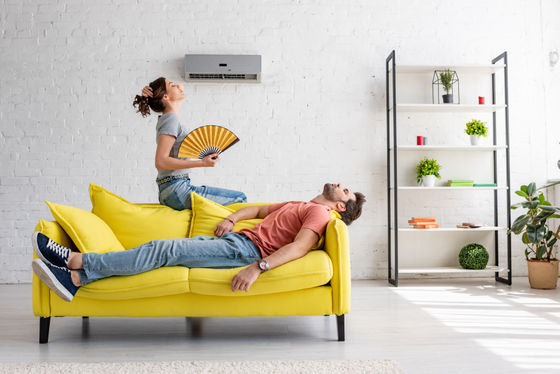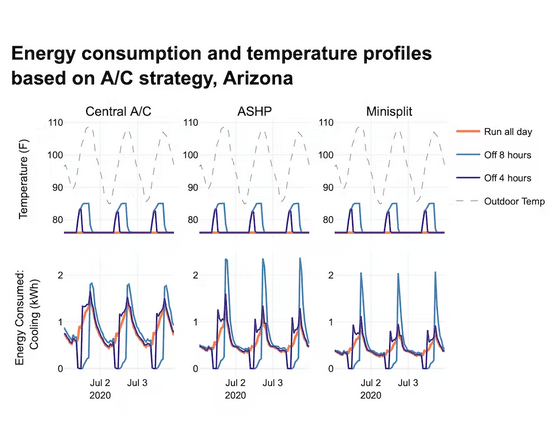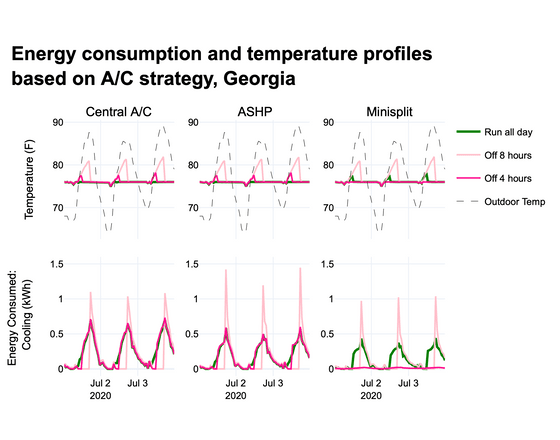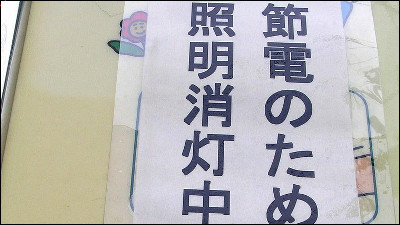Three engineers tried to verify 'Does leaving the air conditioner on for 24 hours really save energy?'

While recent air conditioners are energy efficient, it takes a lot of electricity to lower the room temperature once it has risen. There should be many. Building systems experts have examined whether it's better to leave the air conditioner on during the summer, or turn it off during the day when it's not crowded.
Does turning the air conditioning off when you're not home actually save energy? Three engineers run the numbers
According to Kiri Baker and Jennifer Jive, assistant professors of building systems engineering at the University of Colorado Boulder, and Aislin Piggott, a Ph.D. It depends on how much energy is needed to remove heat from the room. And they are affected by various factors such as the insulation of the house, the size and type of air conditioner, the outside temperature and humidity.
_m.jpg)
Baker and his colleagues, who say they have been engaged in research to simulate heat transfer and the performance of air-conditioning systems for many years, say that depending on the case, ``Our unpublished calculations suggest that people would rather go home than stay cool all the time. Chilling it afterward will reduce energy consumption.'
When thinking about the mechanism of energy consumption of air conditioners, we will first check the basics. For simplicity, if the amount of heat that flows into the house from the outside of the house is 'one piece per hour,' then if you leave the house for 8 hours a day and then come home and turn on the air conditioner, the air conditioner will emit heat. It is a calculation that the required heat is '8'.
However, in reality, it is mostly less than 8. This is because there is a limit to how much heat a house can store. For example, if the difference between the temperature inside the house and the outside temperature is only about 5 pieces of energy, the air conditioner that is turned on after returning home will have to remove only 5 pieces of heat.
Furthermore, as the temperature inside the room heats up, heat transfer slows down, and eventually the indoor temperature becomes the same as the outdoor temperature, resulting in zero heat transfer. Also, it is a good reason to turn off the air conditioner during the day.

In order to verify the specifics, Mr. Baker and others conducted simulations with three types of air conditioning: 'central air
Weather conditions were assumed to be warm and dry in Arizona and humid in Georgia. Also, the building is a relatively small house with an area of 1200 square feet (110 square meters) using general insulation.
First, here are the simulation results for Arizona. From the left, the graph shows central air conditioning, heat pump using air heat, and mini-split, with the upper graph showing temperature and the lower graph showing energy consumption. In addition, the line graph remains orange, blue indicates 8 hours off during the day, and dark blue indicates 4 hours off during the day. The temperature of the air conditioner is set at 24.4 degrees Celsius, and it is assumed that the indoor temperature will rise to 31.6 degrees if it is turned off during the day.

And here are the results in Georgia. In the line graph, green is on, pink is 8 hours off, and dark pink is 4 hours off.

Simulations have shown that even if the air conditioner is temporarily turned on at full capacity to cool down the daytime temperature rise, overall energy consumption is lower if the air conditioner is turned off when no one is present. For example, in the case of central air conditioning, which is common in the United States, energy savings of up to 11% can be expected. However, this energy-saving effect is said to decrease if the insulation of the house or the efficiency of the air conditioner is high, or if the area has little change in temperature.
Related Posts:







